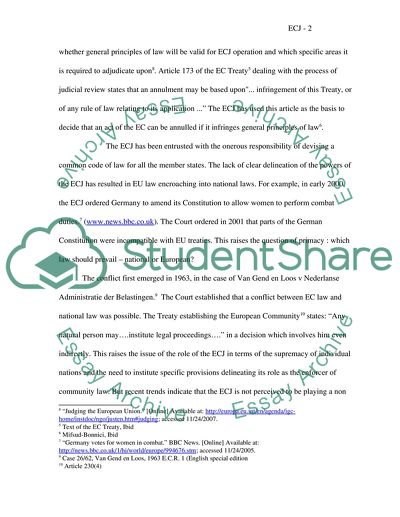Cite this document
(The Treaty Provisions Between European Union and European Court Term Paper, n.d.)
The Treaty Provisions Between European Union and European Court Term Paper. Retrieved from https://studentshare.org/law/1702884-the-treaty-provisions-it-the-court-ecj-was-called-upon-to-interpret-were-often-general-in-scope-and-silent-in-detail-the-option-of-operating-in-a-non-act
The Treaty Provisions Between European Union and European Court Term Paper. Retrieved from https://studentshare.org/law/1702884-the-treaty-provisions-it-the-court-ecj-was-called-upon-to-interpret-were-often-general-in-scope-and-silent-in-detail-the-option-of-operating-in-a-non-act
(The Treaty Provisions Between European Union and European Court Term Paper)
The Treaty Provisions Between European Union and European Court Term Paper. https://studentshare.org/law/1702884-the-treaty-provisions-it-the-court-ecj-was-called-upon-to-interpret-were-often-general-in-scope-and-silent-in-detail-the-option-of-operating-in-a-non-act.
The Treaty Provisions Between European Union and European Court Term Paper. https://studentshare.org/law/1702884-the-treaty-provisions-it-the-court-ecj-was-called-upon-to-interpret-were-often-general-in-scope-and-silent-in-detail-the-option-of-operating-in-a-non-act.
“The Treaty Provisions Between European Union and European Court Term Paper”, n.d. https://studentshare.org/law/1702884-the-treaty-provisions-it-the-court-ecj-was-called-upon-to-interpret-were-often-general-in-scope-and-silent-in-detail-the-option-of-operating-in-a-non-act.


